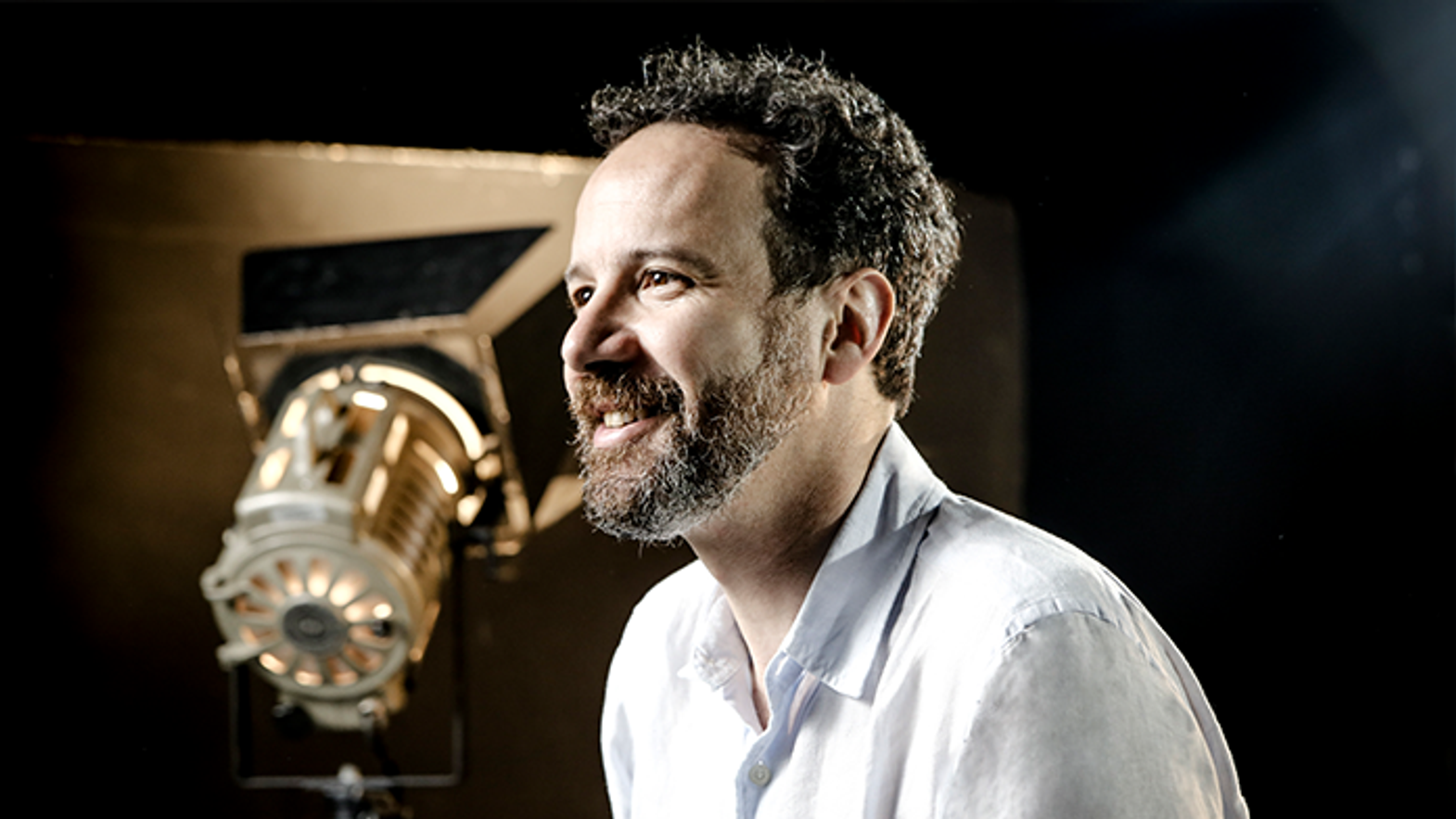La ricerca non ha prodotto risultati. Prova a modificare i tuo criteri di ricerca.
Loading...
Miglior riscontro!
Films
Screening
On Demand
Miglior riscontro!
Persone
Registi
Best match!
News
Miglior riscontro!
Press release
Miglior riscontro!
Pagine
